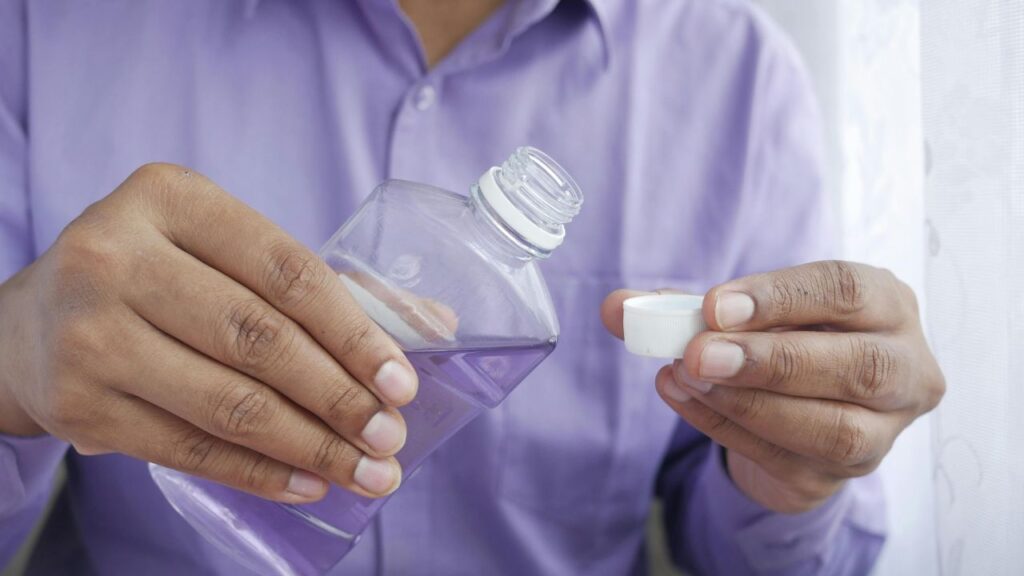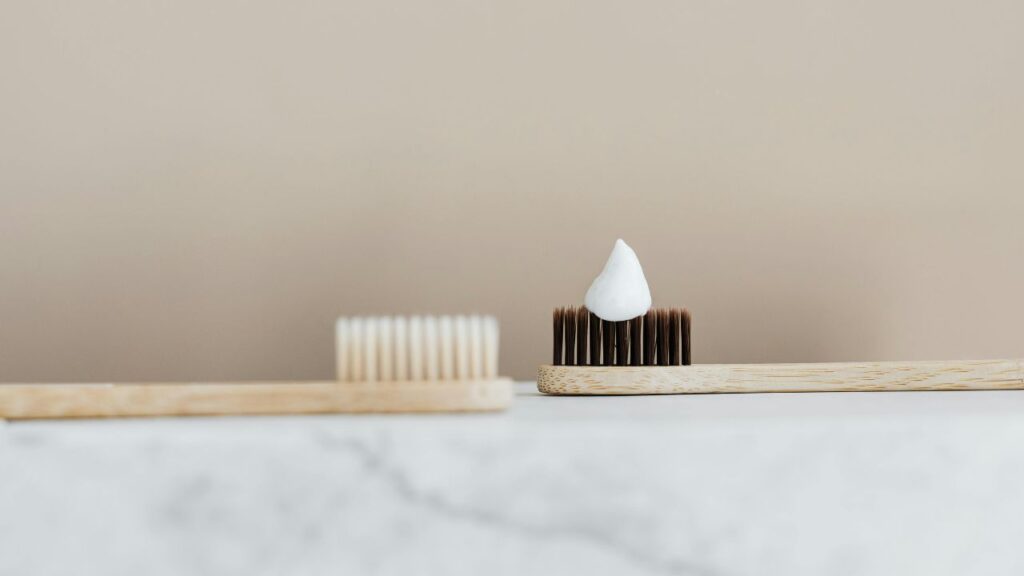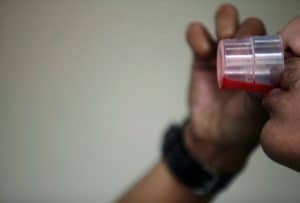Maintaining good oral hygiene remains essential during recovery, but some common dental care products can pose unexpected risks. Understanding which mouthwashes contain alcohol and finding safe alternatives helps support long-term recovery success.
Understanding Alcohol Content in Mouthwash
Many traditional mouthwash formulations contain ethanol (alcohol) as an active ingredient. This alcohol serves multiple functions in the product, acting as a carrier for other ingredients while helping to dissolve essential oils. It contributes to the antimicrobial effects and provides the burning sensation many associate with effectiveness. The alcohol content in mouthwash can range significantly, including some with a higher percentage than many alcoholic beverages.
Why Alcohol-Containing Mouthwash Poses Risks in Recovery
For individuals in recovery, alcohol-containing mouthwash presents several potential concerns. The smell, taste, and sensation of alcohol-based mouthwash can trigger cravings or memories associated with drinking, potentially compromising recovery efforts. While mouthwash isn’t intended for consumption, some alcohol can be absorbed through the oral mucosa, potentially affecting those sensitive to any alcohol exposure. Additionally, using products containing alcohol may create unnecessary stress or anxiety about maintaining sobriety.
Reading and Understanding Mouthwash Labels
When selecting mouthwash, it’s important to carefully read ingredient lists. Common alcohol indicators include terms such as ethanol, alcohol, SD alcohol, and denatured alcohol. Many products now use alternative antimicrobial ingredients such as cetylpyridinium chloride, chlorhexidine, or essential oils to provide effective cleaning without alcohol content.

Alcohol-Free Alternatives
The marketplace offers numerous effective alcohol-free mouthwash options. Natural alternatives include herbal-based rinses, salt water solutions, and tea tree oil formulations. Commercial alcohol-free products often utilize enzyme-based formulas, fluoride rinses, or peroxide-based options to maintain oral health without introducing alcohol into the equation.
Safe Oral Hygiene Practices in Recovery
Maintaining oral health without compromising recovery requires attention to detail and careful product selection. Essential practices include maintaining regular dental check-ups while being vigilant about product choices. Consulting with treatment providers about product selections helps ensure both oral health and recovery needs are met effectively.
The Bluffs’ Approach to Supporting Safe Self-Care
At The Bluffs, we understand the importance of maintaining health while avoiding potential triggers. Our program includes comprehensive education about safe personal care products and guidance on reading product labels. We support clients in developing healthy self-care routines and ensure access to recovery-friendly personal care items throughout their treatment journey.
Making Informed Choices
When selecting oral care products, focus on choosing clearly labeled alcohol-free options and maintaining regular consultation with healthcare providers. Trust your instincts about potential triggers and don’t hesitate to switch products if concerns arise. While natural products may seem appealing, careful label reading remains essential as natural doesn’t automatically mean alcohol-free.
Planning for Long-term Success
Establishing safe oral hygiene practices during treatment creates habits that support long-term recovery. Creating a reliable routine with recovery-friendly products provides stability and confidence in maintaining both oral health and sobriety. Knowledge about safe alternatives and where to find them supports ongoing success in recovery.
Moving Forward
Making informed choices about personal care products represents an important aspect of recovery. The Bluffs provides comprehensive support in developing healthy practices that promote both physical health and recovery success. Our team understands the importance of addressing every aspect of health and wellness during recovery.
Need guidance on managing recovery while maintaining overall health? Contact The Bluffs at 330-919-9228 to learn more about our comprehensive approach to addiction treatment and recovery support.








